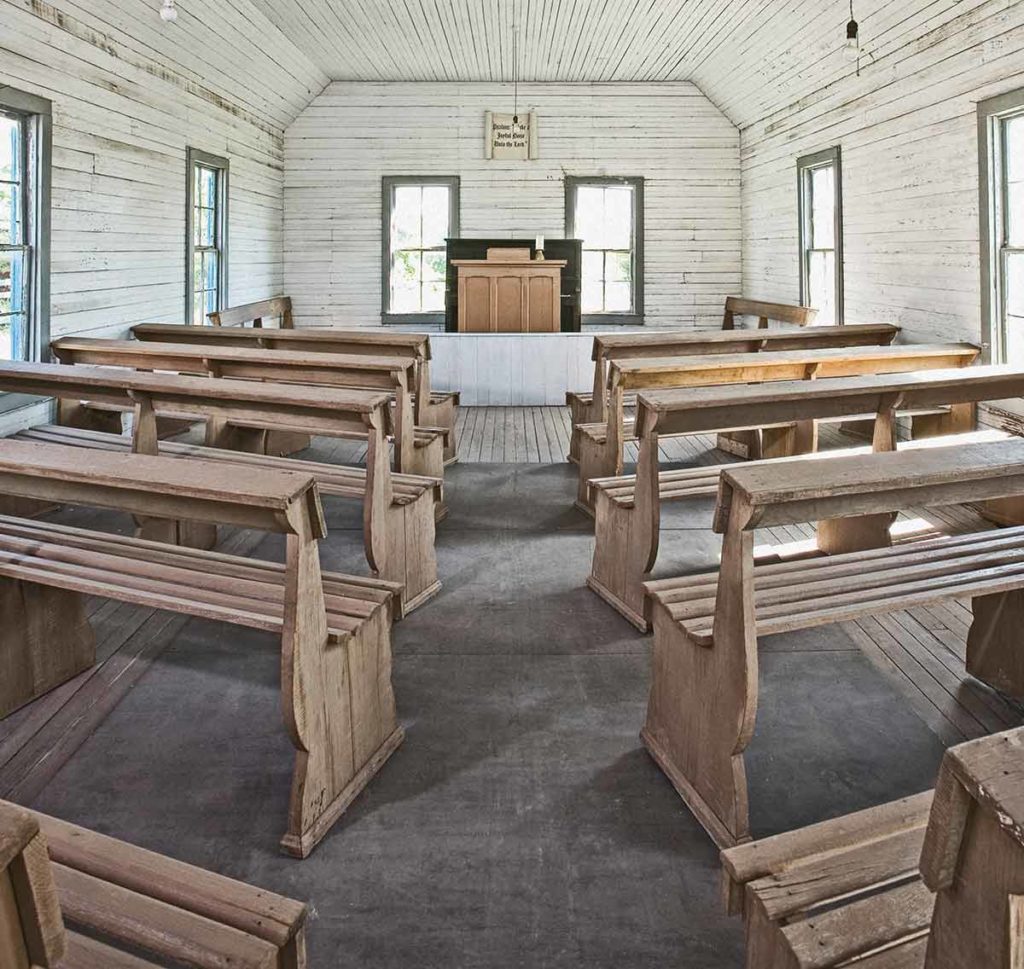
In 1978, Oxford University published Albert Raboteau’s “Slave Religion: The ‘Invisible Institution’ in the Antebellum South.” It soon became a classic in the field of African American religious history. In 2002, Raboteau wrote “A Sorrowful Joy,” a brief but deeply moving account of his spiritual journey and life crises. We asked Raboteau to write about what led a young, fatherless African American boy to become one of the nation’s foremost scholars of African American religion.—The Editor
At the end of spring term 2013, I will retire from full-time teaching, the career that has shaped my life for four decades. I have been reflecting on what led me to become a scholar and teacher of African American religious history. It began as a search for my father.
I never knew my father; he was murdered three months before I was born. He was shot and killed in Bay St. Louis, Miss., in 1943 by a white man. The man who killed him claimed self-defense; there were no witnesses, and the case was never prosecuted. My mother decided that she did not want my sisters and me to grow up in the segregated South. So we moved to the Midwest far away from extended family, but returned during summers to visit relatives down home.
I remember one summer trip especially well because of another incident that unconsciously influenced my vocation. Sunday morning we woke up too late to attend the last Mass at St. Rose de Lima, the black church in Bay St. Louis. So we went to the white church, where ushers seated us in the back, crowded into a half pew. Communion time came. I went up and knelt at the altar rail. The priest, carrying the Host, passed me by and again passed me by, until he had given communion to all the white people. I stumbled back from communion in a blur of hot-faced shame. Afterward, we drove away, in silence. I was 7 years old. Two months earlier I had received my first communion. It is no accident that the relation of religion and race has occupied such a central place in my research, writing and teaching over the years.
I attended parochial schools and, after moving to California, a Franciscan high school. I did well academically, but as the only black student in my class I felt different and alone. My undergraduate experience at Loyola University convinced me that I wanted to teach, hopefully in a liberal arts school, like Loyola, that prized education as wisdom and not merely as exchange of information.
In pursuit of a graduate degree, I studied English literature at the University of California, Berkeley, and theology at Marquette University in Milwaukee, before teaching for a year at Xavier, a black Catholic university in New Orleans. There my vocation to teach was confirmed as I found gratifying the experience of shaping the intellectual growth of my students. At the height of the Civil Rights movement, I decided to apply for doctoral study at Yale University, which had just established an African American studies program. I wanted to examine the role of Christianity in black cultural and political history. Had it spurred resistance, as some claimed, or supported escapist passivity as others charged?
I intuited that in the study of this history lay recovery of the meaning of my past, myself and my people. So, I chose to write about the history of the religious life of slaves. As I sought sources, I became fascinated by the voices of former slaves preserved in narrative accounts of their lives, not only as historical evidence but also as voices that seemed to speak directly to me. These voices were special: They rang with the authenticity of those who had endured the brutal violence of racism, and triumphed over it. I tried to capture those voices, their tenor, their rhythm, and especially the wisdom they conveyed.
What did they say, these voices of slaves and of former slaves? As philosopher and theologian Howard Thurman once observed, “By some amazing but vastly creative spiritual insight the slave undertook the redemption of a religion that the master had profaned in his midst.” The witness of African American Christianity constitutes a major spiritual legacy not only for slaves’ descendants but also for any who take the time to heed the testimony of their words and lives — the voices of people who had been through fire and refined like gold, voices that reveal the capability of the human spirit to not only endure bitter suffering but also to resist and even transcend the persistent attempts of evil to strike it down.
Albert Raboteau ’64 is the Henry W. Putnam Professor of Religion at Princeton University in Princeton, N.J. He has written several books including “A Fire in the Bones: Reflections on African-American Religious History” and “Slave Religion: The Invisible Institution in the Antebellum South.” His specialties include American Catholic History, African American religious history and religion and immigration. Raboteau holds a Ph.D. from Yale University in New Haven, Conn., and was chair of the Princeton University Department of Religion from 1987 to 1992.
